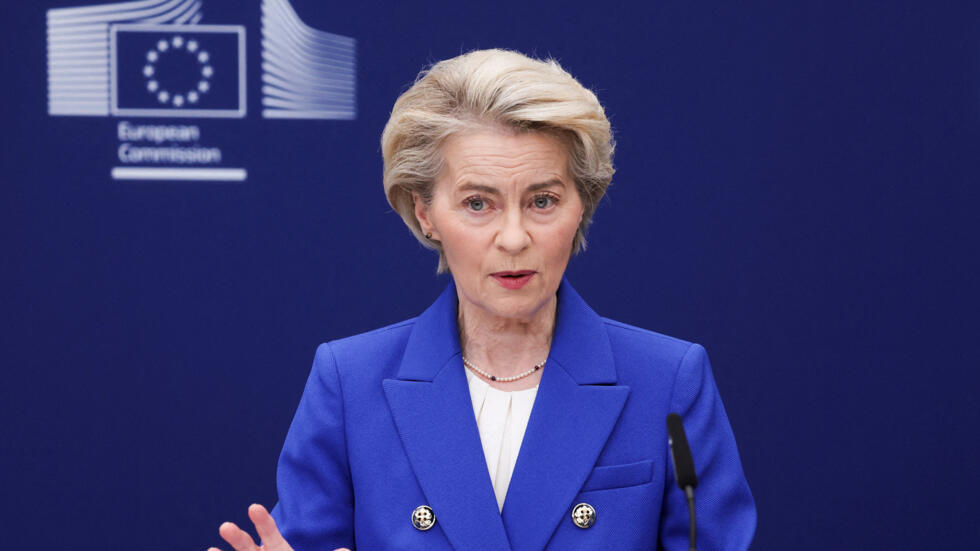Recently, the US government has been frequently wielding the “tariff stick,” leading to a constant escalation of global trade tensions. On March 26, 2025, US President Trump signed an executive order, announcing a 25% tariff on imported automobiles, which took effect on April 2. In addition, the US also plans to impose “reciprocal tariffs” globally starting from April 2 and to levy additional tariffs on specific industries. These unilateral tariff policies have not only sparked widespread criticism from the international community but also prompted the EU and other economies to prepare strong countermeasures.
The Negative Impact of US Tariff Policies
The US tariff policies have had serious negative impacts on both the global economy and the US economy itself. From a global perspective, the US trade protectionism has disrupted the international trade order, exacerbated financial market volatility, and led to greater uncertainty for the global economy. Kristalina Georgieva, Managing Director of the International Monetary Fund, pointed out that the uncertainty of US tariff policies poses risks to global economic activity and may drag down global economic growth.
For the US itself, the tariff policies have also brought many problems. On the one hand, the living costs for US citizens have increased, and consumer confidence has declined. A poll conducted in late March showed that the majority of US citizens are opposed to the tariff policies, believing that the government should focus more on prices. On the other hand, US-related industries have also been affected. For example, the implementation of US import tariffs on automobiles will lead to US factories paying higher prices for parts produced in Europe for the US market, which may in turn lead to job cuts.
The EU’s Strong Response
Faced with US tariff threats, European Commission President Ursula von der Leyen has clearly stated that the EU has strong countermeasures and will implement powerful measures to counter US tariff policies and protect the interests of EU businesses and citizens when necessary. The EU’s countermeasures may include restricting the intellectual property of US tech giants and limiting Elon Musk’s “Starlink” satellites from obtaining government contracts. In addition, the EU may also impose tariffs on US aircraft, chemical products, and pharmaceuticals.
Von der Leyen emphasized that widespread tariff increases will only make international trade worse, and tariffs will only exacerbate inflation, which is contrary to the EU’s goals. She called for resolving trade disputes through negotiations but also made it clear that if negotiations do not yield satisfactory results, the EU will not hesitate to take retaliatory measures.
The Future of US-EU Relations
The US tariff policies have not only impacted the global economy but also posed a serious challenge to US-EU relations. The US and the EU should be close allies, but the Trump administration’s trade protectionist policies have plunged both sides into a trade dispute. The EU’s strong response shows that it will not easily compromise in defending its own interests.
In the future, the direction of US-EU relations will depend on whether the two sides can reach a compromise through negotiations. However, given the US government’s recent capriciousness in trade policies, this process is likely to be full of twists and turns. Meanwhile, the EU is also actively seeking cooperation with other countries to reduce its dependence on the US market. This trend may further weaken the economic ties between the US and the EU and prompt profound changes in the global trade landscape.
Conclusion
The US tariff policies have triggered an escalation of global trade tensions, and their negative impacts on the global economy and the US economy itself have gradually become apparent. The EU’s strong response shows that the US’s unilateral actions are unlikely to be accepted by other countries. The future direction of US-EU relations and the evolution of the global trade landscape will depend on whether the two sides can solve problems through dialogue and cooperation. However, in the current international situation, achieving this goal faces many challenges.

